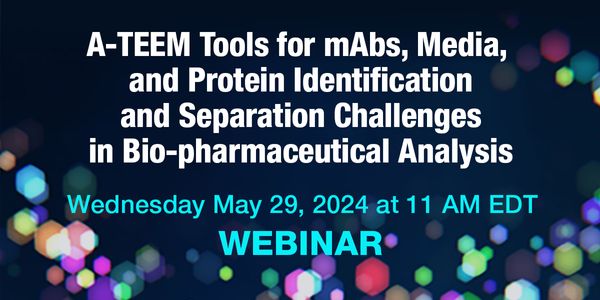Electron fragmentation-based workflows for characterizing proteoforms with Agilent Q-ToFs
Through a ten-year collaborative effort with Agilent, we have developed a flexible, cost-effective option that offers superior electron fragmentation of larger peptides and even proteins for the 6545-6560 family of Q-TOF’s. The ExD cell preserves labile post-translational modifications, differentiate isobaric leucine from isoleucine as well as isoaspartate from aspartate, and can cleave disulfide bonds in cysteine knot proteins. These new capabilities have created challenges in how to collect, process and interpret the far richer data sets produced by ExD fragmentation. To meet these needs, we have developed new processing software to maximize the quality of data collected for efficient processing by a flexible open source solution based on openMS/KNIME. The processing software also produces optimized mzml date files with appropriate metadata for the electron-based fragmentation to be efficiently analyzed by third party vendors such as Protein Metrics. With these new data-processing workflows, ExD makes possible far more complete characterization of proteins and glycoproteins with unprecedented accuracy, speed and simplicity.

For Research Use Only. Not for use in diagnostic procedures.







